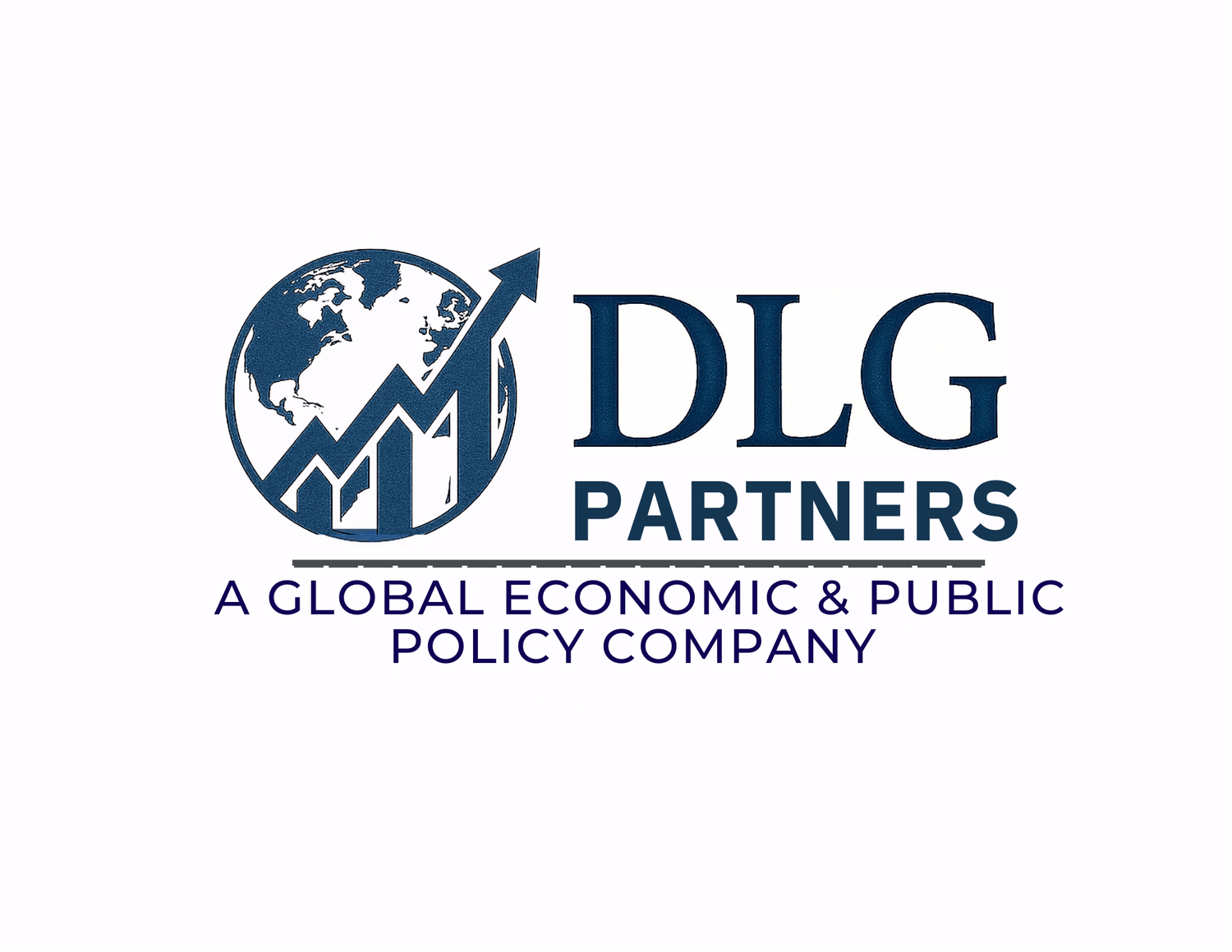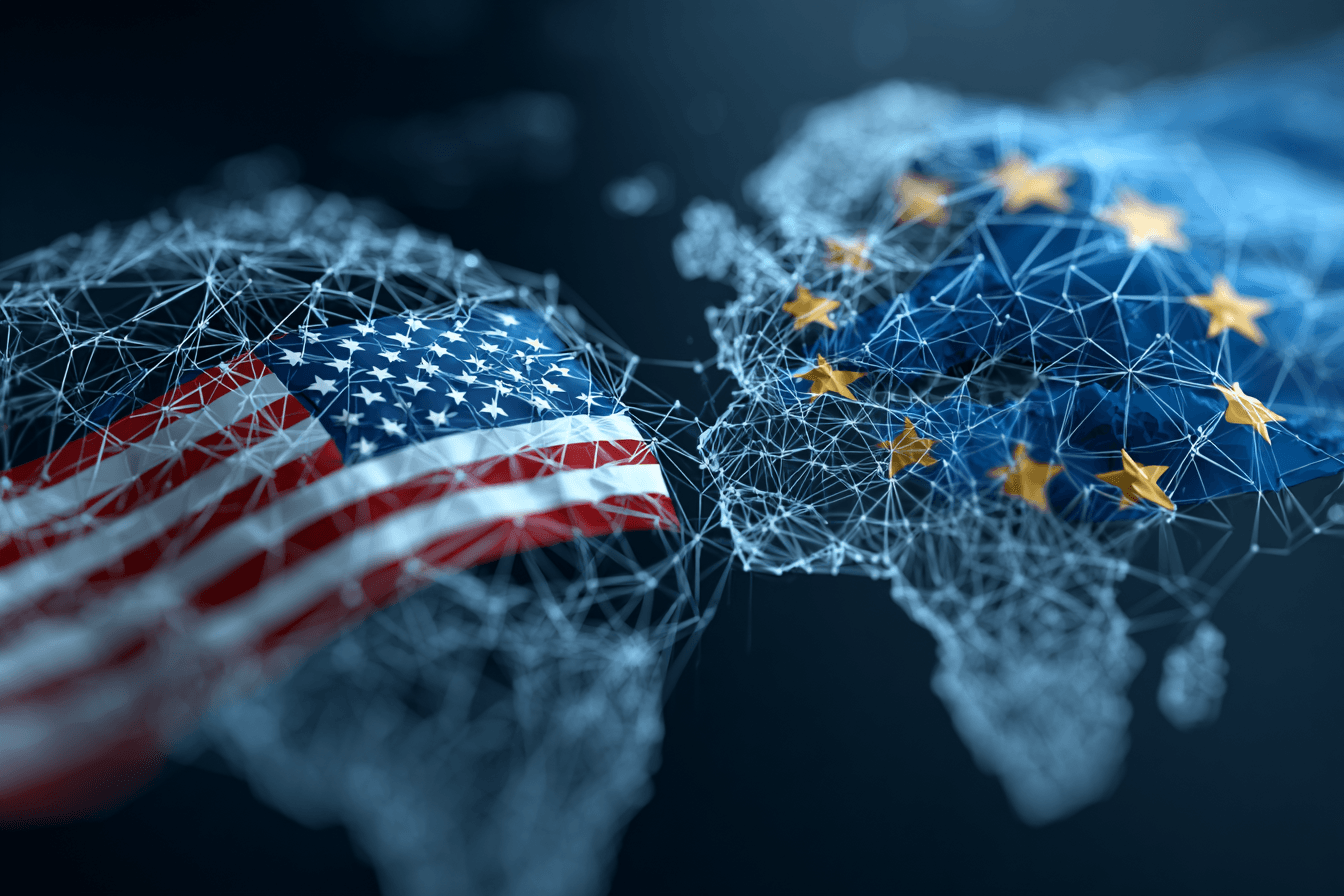
TURBULENCE IN ALLIANCES AND THE FUTURE OF GLOBAL POWER: FROM U.S. TRADE POLICIES TO A MULTIPOLAR FINANCIAL WORLD
The evolution of global geopolitics and financial systems is influenced by a complex interplay of internal policy decisions, rising regional powers, and technological innovation. Recent shifts, including the trade policies of the Trump administration and China’s efforts to promote a multi-currency international framework, exemplify broader trends that are redefining international trust and alliance structures, moving towards a more multipolar world.
Impacts of U.S. Trade Policies During the Trump Era
Under the Trump administration, the implementation of tariffs and trade restrictions marked a transition toward a more transactional approach to international economic relations. Intended to address trade deficits and bolster domestic industries, these measures also generated significant ripple effects:
● Alteration of Transatlantic Relations: Imposing tariffs on European goods and challenging traditional trade agreements introduced elements of unpredictability in transatlantic relations. Such measures raised questions among NATO allies regarding the United States’ long-term commitment to shared security and economic cooperation.
● Trust and Reliability Concerns: The shift toward unilateral actions created uncertainties about America's dedication to collective security and economic obligations, prompting allies to reassess their reliance on U.S. leadership within international frameworks.
● Implications for Alliance Cohesion: The destabilization of trust may incentivize some nations to pursue independent security or economic arrangements, potentially impacting NATO’s unity and strategic effectiveness

Emerging Powers and the Shift Toward a Multipolar Financial System
Simultaneously, China’s promotion of a diversified, multi-currency global monetary system reflects a significant shift in international financial governance. Initiatives such as the internationalization of the yuan and the development of alternative payment infrastructures are part of broader efforts by emerging economies to reduce reliance on traditional Western-led financial institutions.
● Reduced U.S. Monetary Influence: As countries adopt China’s financial platforms and diversify their reserves, mechanisms that traditionally reinforced U.S. economic influence, such as the dollar-denominated global reserve and transaction systems, face potential restructuring.
● Challenges to Dollar Hegemony: With the dollar currently dominant in global reserves and transactions, any shift towards multiple currencies could lead to increased volatility and diminish U.S. leverage over international economic sanctions and policy tools.
● Fragmentation of Global Financial Architecture: The emergence of regional alliances like BRICS and SCO establishing parallel financial institutions indicates a move toward a more fragmented, multipolar system, which may reshape global economic interactions and influence the role of Western-led institutions

The Strategic Dilemma for the United States
The confluence of shifting trust relationships, economic realignments, and the rise of emerging powers is likely to influence the cohesion and effectiveness of existing alliances:
● Erosion of Trust: Divergent national interests and perceptions of U.S. reliability can weaken the fabric of alliances such as NATO, prompting some member states to pursue alternative or regional security arrangements.
● Security and Strategic Stability: A decline in confidence may embolden regional actors, potentially challenging security guarantees and complicating deterrence strategies, especially in areas of strategic importance like Eastern Europe and parts of Asia.
● Potential Decoupling: Economic and technological diversification might lead to regionalization, with countries emphasizing independent digital and defense strategies, thereby impacting global influence and strategic alignments
The recent policies and shifts in the international landscape suggest an evolving paradigm: one characterized by rising regional powers, diversified financial architectures, and changing perceptions of alliance reliability. These developments point toward a future where cooperation needs to adapt to a more complex, multipolar world, requiring renewed dialogue, strategic flexibility, and a reassessment of long-standing assumptions about global leadership and stability.

Oliver N.E. Kellman, Jr., J.D. Managing Partner & Executive Managing Director
“We are no longer in a unipolar world—we’re in a storm of fractured trust, shifting currencies, and redefined alliances. The map is being redrawn.”
— Oliver Kellman
Follow me
ABOUT
Created with © systeme.io



